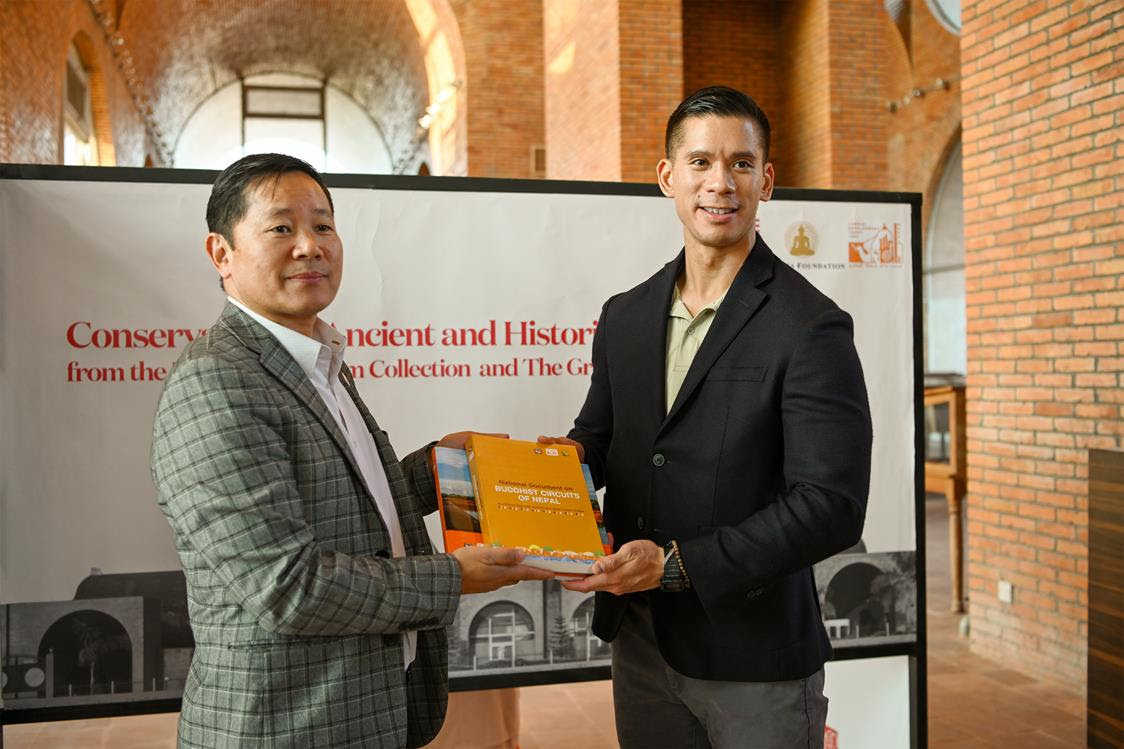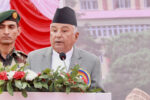LUMBINI: U.S. Embassy Public Affairs Chief Michael Harker joined representatives from the Lumbini Development Trust, and Department of Archaeology to inaugurate the Conservation of Lumbini Museum Project.
The U.S. Embassy in Nepal, through the Ambassadors Fund for Cultural Preservation (AFCP), has awarded a $244,966 grant to the Buddha Foundation to conserve, document, and preserve the museum’s invaluable collection of ancient artifacts.
This funding will also establish a state-of-the-art conservation lab, creating a regional hub for archaeological preservation.
“The establishment of this conservation lab represents a historic step forward for Lumbini, transforming it into a regional center for archaeological research and preservation,” said Public Affairs Chief Harker.
“This project not only protects irreplaceable artifacts but also creates opportunities for innovation and collaboration that will position Nepal as a leader in cultural heritage conservation.”
Home to over 300 artifacts dating from the 6th century BCE to the 3rd century CE, the Lumbini Museum safeguards terracotta figurines, stone sculptures, coins, and other relics excavated from the sacred site of Lumbini.
This project will mark a transformative step in preserving these cultural treasures, many of which are currently stored at the National Museum in Kathmandu due to limited conservation facilities, according to the US Embassy in Nepal.
The initiative will create Lumbini Province’s first modern conservation lab—one of the first in Nepal—enabling the study, preservation, and secure storage of artifacts from Lumbini and surrounding archaeological sites, it said.
In addition, a comprehensive training program will build local capacity in archaeological conservation, empowering professionals and students to document and protect Nepal’s rich cultural heritage for generations to come.
The Ambassadors Fund for Cultural Preservation (AFCP) provides direct grant support for preserving cultural heritage in developing countries.
Nepal ranks among the top recipients of AFCP grants globally. Over the past two decades, the U.S. Embassy in Kathmandu has funded 28 cultural heritage restoration projects in Nepal, totaling over $4.54 million.
Meanwhile, the Lumbini Museum, located at the birthplace of the Buddha, preserves and showcases artifacts from one of the world’s most significant cultural and religious sites.
Its collection offers a glimpse into the deep history of Lumbini and its enduring role as a center of Buddhist culture.









Comment